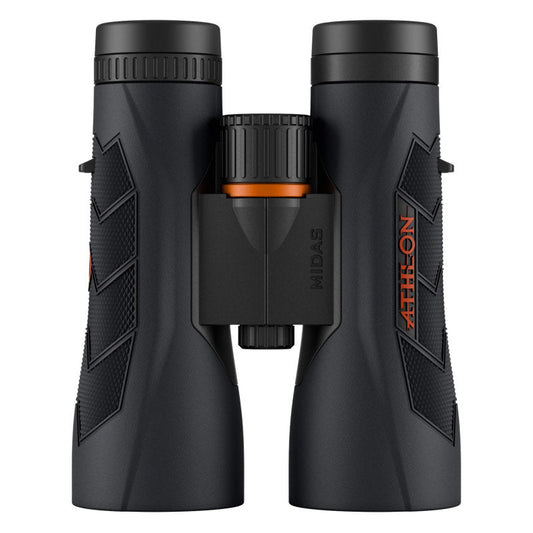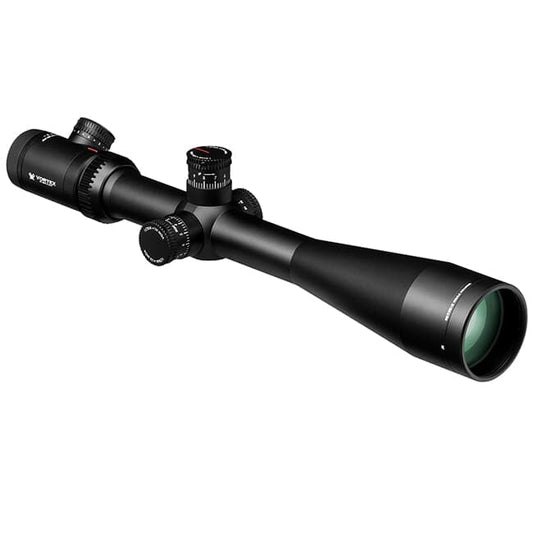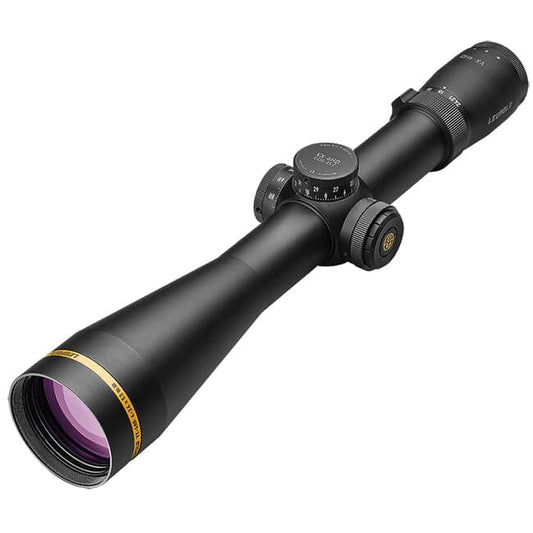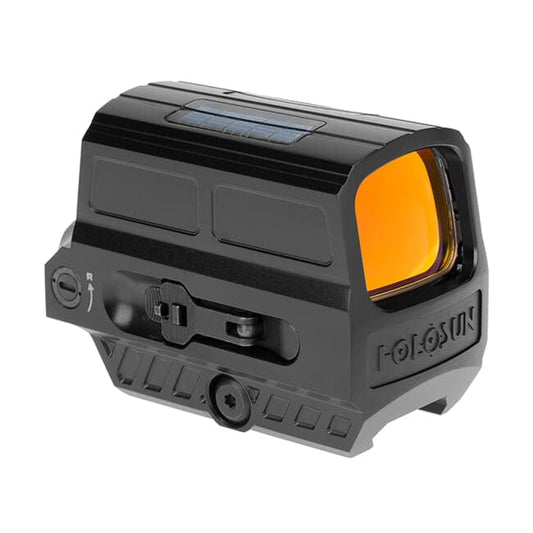

Athlon Optics Midas G2 12x50 UHD Binoculars provide high-definition viewing with vibrant colors and excellent clarity, making them ideal for birdwatching, hiking, and sporting events. Designed to withstand harsh conditions, these binoculars feature a rugged construction that ensures durability. With edge-to-edge sharpness and impressive close focus capabilities, they allow you to observe fine details, whether it's distant wildlife or intricate flowers.
Featuring a lightweight magnesium chassis, these binoculars enhance comfort during extended use. Multi-coated lenses improve light transmission, resulting in bright, clear images even in challenging lighting conditions. The Athlon Optics Midas G2 is engineered for performance, ensuring you won't miss a moment of your outdoor experiences.
Key Features:
- ENHANCED CLARITY for birdwatching at dawn with edge-to-edge sharpness.
- VIBRANT COLORS from UHD glass that minimizes glare and enhances natural hues.
- LIGHTWEIGHT DESIGN from magnesium chassis, reducing fatigue during long hikes.
- PROTECTIVE COATING with XPL coating to resist scratches and dirt, ensuring durability.
- CLOSE FOCUS allows for detailed observations of insects and flowers up close.
- ADJUSTABLE EYE RELIEF with twist-up eyecups, perfect for eyeglass wearers.
- WATERPROOF & FOG-PROOF design ensures performance in any weather conditions.
- HIGH LIGHT TRANSMISSION from advanced fully multi-coated lenses for bright images.
Technical Specifications
| Specification | Details |
|---|---|
| Power | 12X |
| Objective Lens Diameter | 50 mm |
| Eye Relief | 15 mm |
| Field Of View (Angular) | 5.4° |
| Field Of View at 1000 Yards | 281 ft |
| Close Focus | 3.5 m / 11.48 ft |
| Weight | 32 oz |
What’s in the Box?
- Lens covers
- Padded case
- Neck strap
Customer Reviews
"Best binoculars I've ever owned! The clarity is unbeatable!"
"Perfect for my birdwatching adventures. Highly recommend!"
Frequently Asked Questions (FAQ)
- How well do the binoculars perform in low light? The Athlon Optics Midas G2 excels in low light with its advanced lens coatings.
- Are they suitable for eyeglass wearers? Yes, the adjustable eyecups provide comfort and usability for eyeglass wearers.
- Can I use these binoculars in the rain? Absolutely! They are waterproof and fog-proof for your peace of mind.
- How do they compare to other brands? The Midas G2 offers exceptional brightness and color accuracy, often surpassing competitors.
- Are they easy to carry? Yes, the lightweight design makes them convenient for long hikes.
Similar Models
Looking for the perfect binoculars? Discover our extensive Athlon lineup, including models like the Athlon Optics Cronus 10x42 for enhanced performance and Athlon Optics Neos 10x32 for lightweight portability. Explore our full collection for exceptional optics tailored to your adventures.
You May Also Like
Here’s some of our most similar products people are buying. Click to discover trending style.







